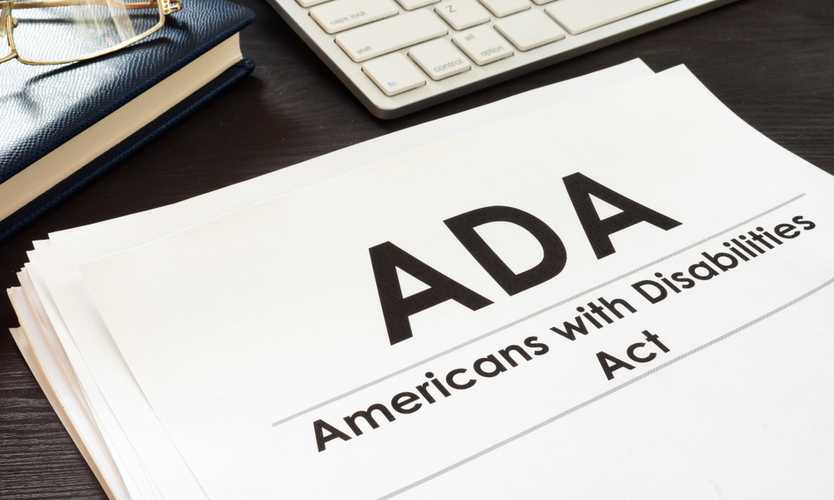Insurers not obligated to defend stadium builder in ADA suit
Reprints
Units of Hartford Financial Services Group Inc., Chubb Ltd. and Markel Corp. are not liable to defend the joint venture that constructed the 49ers football team’s stadium in disability discrimination litigation, a federal appeals court said Monday, in affirming lower court rulings.
Abdul Nevarez filed a putative class-action lawsuit against the 49ers, the City of Santa Clara, where the football team’s Levi’s Stadium is located, and related corporate entities in 2016, alleging the stadium did not have sufficient public accommodations such as accessible seating, restrooms and signage in violation of the federal Americans with Disabilities Act and state law, according to court papers filed in connection with the ruling by the 9th U.S. Circuit Court of Appeals in San Francisco in Hartford Fire Insurance Co. v. Turner/Devcon v. Westchester Surplus Lines Insurance Co.; Alterra America Insurance Co.
The 49ers in turn sued Turner/Devcon, the joint venture of New York-based Turner Constructor Co. and Milpitas, California-based Devcon Construction Inc. that had constructed the stadium.
The football team contended that any liability was caused by Turner/Devcon’s negligence, and that the joint venture had contractually agreed to indemnify them for any litigation relating to “penalties or fines levied or assessed for violations of any Legal Requirement.”
Hartford Fire Insurance Co. filed suit in U.S. District Court in San Jose, seeking a declaration it owes Turner/Devcon no duty to defend or indemnify it in connection with the lawsuit. Turner/Devcon countersued the Hartford and also brought claims against Chubb unit Westchester Surplus Lines and Markel unit Alterra seeking a defense.
The district court granted Chubb’s motion to dismiss the case in August 2019 and granted Hartford and Markel summary judgment in February 2020.
Both rulings were unanimously upheld by a three-judge appeals board panel in Monday’s ruling.
“In California, the design and construction of a structure that allegedly violates accessibility laws generally does not fall within the plain meaning of ‘accident’ when used in insurance contracts,” the ruling said.
“Put another way, an event is not an ‘accident’ where the insured intended the acts that caused the victim’s injury…and an insured’s intentional act does not become an accident simply because it had the unintended effect of violating federal and state accessibility laws,” it said.
“With these principles in mind, we agree with the district court that the Nevarez complaint does not allege an ‘occurrence’ within the meaning of the policies.
“The Nevarez complaint alleges that the 49ers violated the Americans with Disabilities Act by designing and constructing their stadium in a manner that did not comply with federal disability access design standards.
“Because the design and construction of the stadium was not an ‘accident,’ it was not an ‘occurrence,’ and is not covered by the policies in issue,” it said, in affirming the lower court’s ruling.
Attorneys in the case had no comment or did not respond to requests for comment.
Last month, a federal appeals court held that a wheelchair-user plaintiff who admitted he does not enjoy Chinese food did not have legal standing to sue a Chinese restaurant under the ADA.
Read Next
-

ADA suit of fired worker with Tourette’s syndrome reinstated
A federal appeals court has reinstated Americans with Disabilities Act litigation filed by a fired auto parts store manager who suffers from Tourette’s syndrome, citing incorrect instructions given by the judge to the jury, which went on to rule against the former employee.